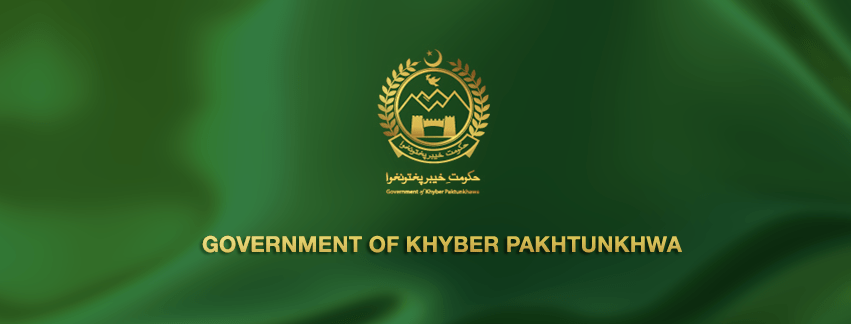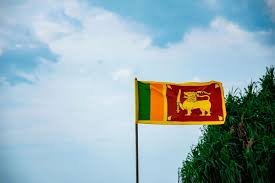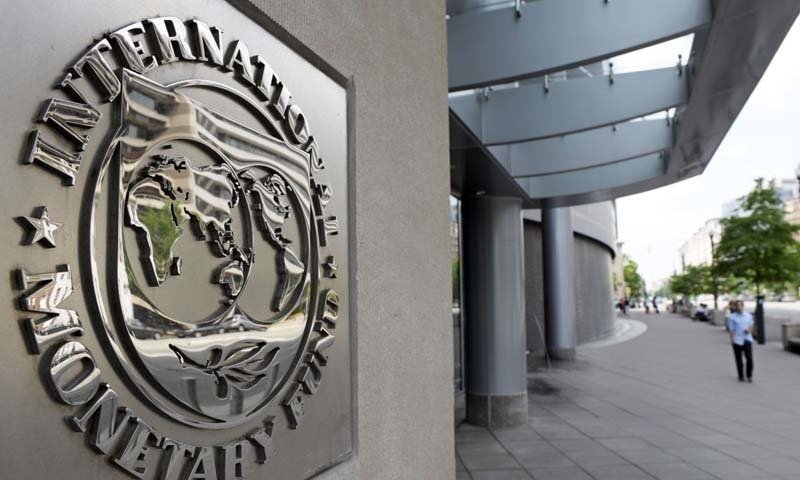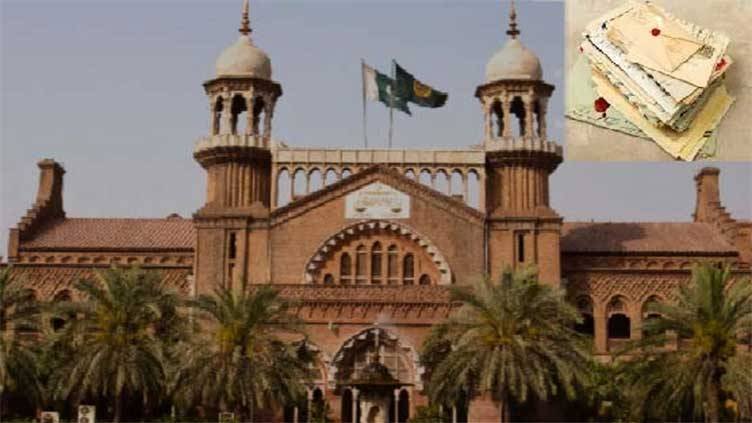Nigeria, the most populous country in Africa, is holding its tightest election since the end of military rule in 1999. Following widespread delays and some attacks on polling stations on Saturday, voting has been postponed until Sunday in parts of the country. In other areas, voting continued through the night. Turnout appears to be high, especially among young people who make up about a third of the 87 million eligible voters. This makes it the biggest democratic exercise in Africa. The election has seen an unprecedented challenge to the two-party system that has dominated Nigeria for 24 years. Peter Obi from the relatively unknown Labour Party, Bola Tinubu from the ruling All Progressives Congress (APC) and Atiku Abubakar of the main opposition Peoples Democratic Party (PDP) are all seen as potential winners. There are 15 other presidential candidates.
Saturday’s voting was marred by long delays at polling stations, as well as scattered reports of ballot-box snatching and attacks by armed men, especially in southern areas, where Mr Obi has his support base. In at least five states, voting in some places did not begin until around 18:00 local time – three-and-a-half hours after polls were due to close. There is tension in parts of Rivers and Lagos states, where some political parties have asked their members to go to the centres where votes are being collated, to prevent them being manipulated.
However, in those areas where voting went smoothly, results are already being posted outside individual polling stations. These results from tens of thousands of polling stations around the country will then be added up. An official from the electoral body in each of Nigeria’s 36 states will then travel to the capital, Abuja, where the results will be announced state-by-state, with the first announcements expected later on Sunday. Final results are not expected before Monday at the earliest, and possibly not until Wednesday.
Whoever wins will have to deal with a crumbling economy, high youth unemployment, and widespread insecurity which saw 10,000 killed last year. Voters also cast their ballots for 109 federal senators and 360 members of the house of representatives, with another vote for state governors in March.
The country is experiencing a cash shortage caused by a botched attempt to redesign the currency, leading to widespread chaos at banks and cash machines as desperate people sought access to their money. The new notes were introduced in order to tackle inflation, and also vote-buying. On the eve of the election, a member of the House of Representatives was arrested with almost $500,000 (£419,000) in cash, and a list of people he was supposed to give it to, police say.
Read more https://republicpolicy.com/wp-admin/post.php?post=27533&action=edit














